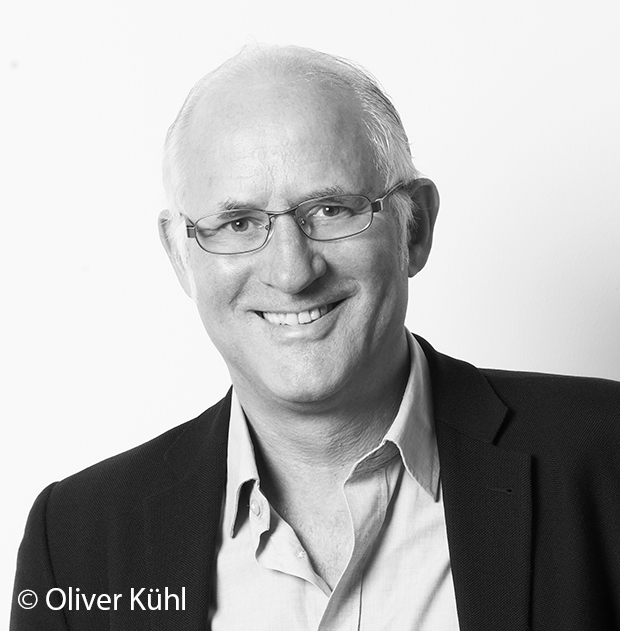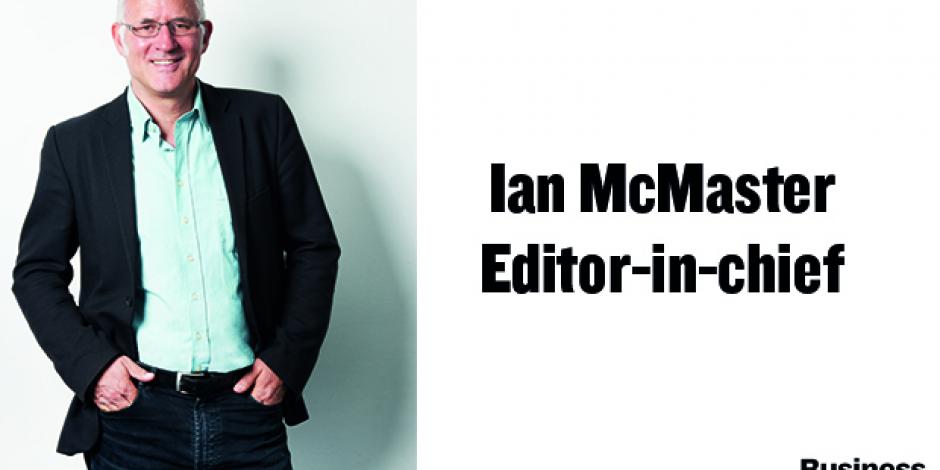11.10.2017
Last week, I quietly celebrated a 20th anniversaryJubiläumanniversary. I was the only person aware of it, but the other main person involved seemed pleased — if slightly bemusedverwirrtbemused — when I reminded him of the fact.
More about that later. But congratulations first to Richard H. Thaler, the winner of this year's "Swedish National Bank's Prize in Economic SciencesWirtschaftswissenschaftenEconomic Sciences in Memory of Alfred Nobel".
Commonly known as the "Nobel Prize in Economics", the award wasn't one of the original ones set up in Alfred Nobel's will in 1895, but was established in 1968 by the Swedish central bank. It is the most prestigiousangesehen, renommiertprestigious award in economics.
Thaler, a professor at Chicago’s business schoolFakultät für Wirtschaftswissenschaftenbusiness school, won the award for “his contributionBeitragcontributions to behavioural economicsVerhaltensökonomiebehavioural economics", including the insightErkenntnis(se)insights that come from not assuming, as traditional economic models do, that people and firms typically behave rationally.
I have mentioned Thaler twice before, in relation to the book nudgeStups; (dt. Titel: Nudge: Wie man kluge Entscheidungen anstößt)Nudge, which he to co-writegemeinsam schreiben, als Co-Autor schreibenco-wrote in 2008 with Harvard professor Cass Sunstein. The key idea in the book is that people need Anreizincentives — or "nudges" — to do the "right" things, such as save enough for their future or become organ donorOrganspender(in)organ donors.
For example, it can make a huge difference to people's behaviour whether they have to explicitlyausdrücklichexplicitly to opt inoptieren für, sein Einverständnis gebenopt in or to opt outoptieren gegen, sich abmeldenopt out of additional pension schemeAltersversorgung(sprogramm)pension schemes or organ donor programmes. If people have to opt out, they are substantially more likely to save and to donatespendendonate than if they have to opt in. It's all about what the authors called "the choice architecture".
After this year's Nobel award was made, Thaler jokinglyscherzhaftjokingly announced that he would celebrate by spending the prize money of around €1 million "as irrationally as possible". At least, I think he was joking.
I've been with the same doctor and accountant for more than 25 years and with the same hairdresser and landlord for more than ten
But back to my anniversary, rational or otherwise. This wasn't a work anniversary or a romantic one. Instead, it was the 20th anniversary of being with the same dentist in Munich.
When I noticed the fact, it struck me that we should celebrate such relationships more often. In my case, I've also been with the same doctor and accountant for more than 25 years and with the same hairdresser and landlordVermieterlandlord for more than ten.
My dentist, after his initial surprise, was pleased when I pointed the anniversary out to him. This led to a short conversation about what we had been through together in the past 20 years.
I value such long-term relationshipLangzeitbeziehunglong-term relationships and feel they are indeed a cause for celebration. Maybe this blog post will to nudgeanstupsennudge you into thinking about your own relationships and anniversaries.

Ian McMaster is editor-in-chief of Business Spotlight. You can contact him via i.mcmaster@spotlight-verlag.de
In his blog, Ian McMaster has been commenting on global business issues since 2002. For older entries, see the blog archive on our former website.


